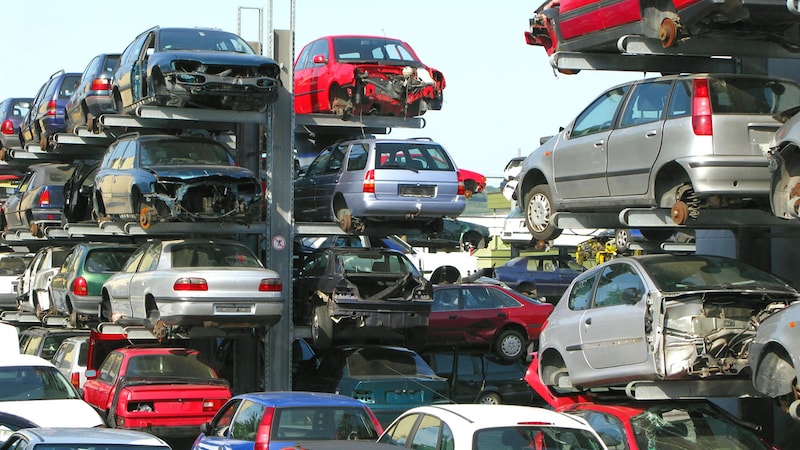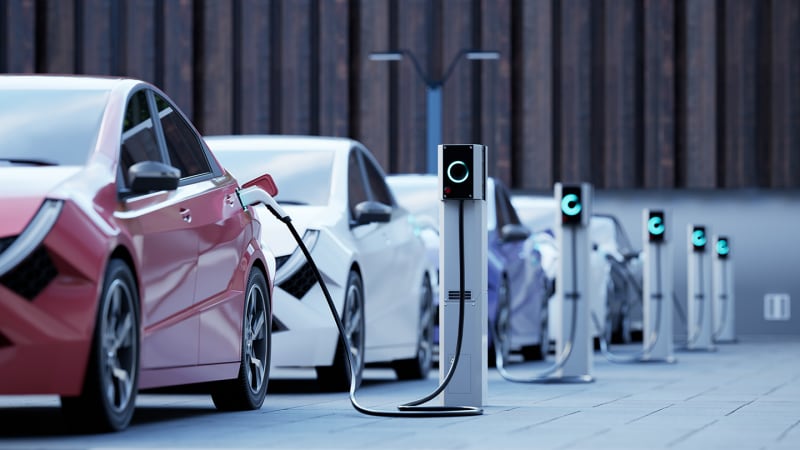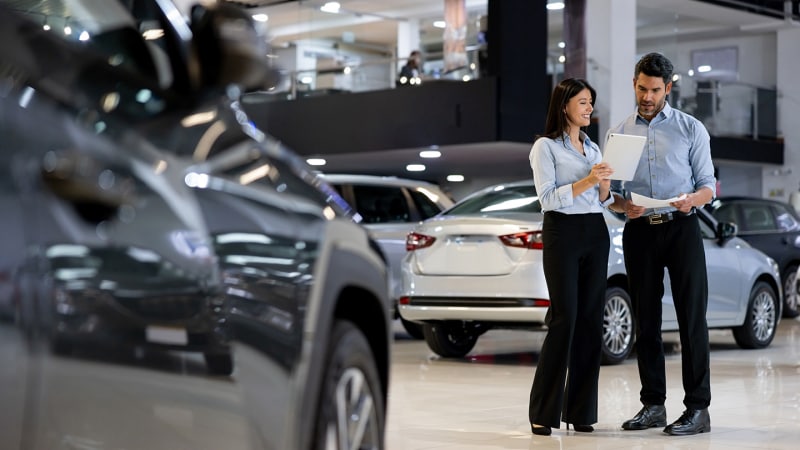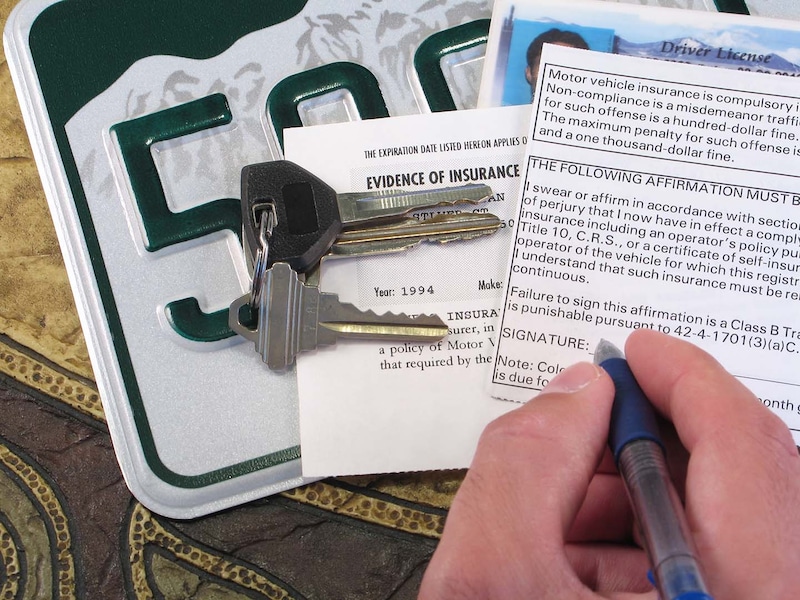What to do after buying a car

Quick insights
- The day you buy a car will probably be a mix of joy and administrative work.
- You’ll need to provide proof of insurance at the dealership before you buy the car.
- Besides the vital paperwork, you’ll need to maintain the vehicle after you buy it.
The day you buy a car isn’t just a celebration—critical paperwork and initial setup can help ensure your car is ready for the road. Whether you purchase a new or used car, here are some things you usually need to do.
Steps to take after buying a car
You might be eagerly awaiting the moment when you get the keys to a new car. After you buy it, however, there is plenty to do.
Update insurance
You’ll need an insurance policy for a car in most places before you can legally drive it off the lot. Usually, you can provide the details of the vehicle you’re purchasing and begin policy the day you buy the car. If possible, research insurance policies ahead of your purchase to compare prices and types of coverage.
Get a temporary tag
Dealers should provide a temporary registration tag for the cars they sell, either in the glovebox or on a window. Temporary tags usually last at least 30 days. It’s important to keep the tag in the car until you get the permanent registration and license plate. If you get pulled over with a temporary tag, it will prove you own the vehicle.
Register your vehicle
In some cases, dealers help with registering your car. Other times, you may have to do some leg-work with the DMV. Your dealer can advise you through the process. Be aware that most states charge a fee to register your car.
Handle the title
Getting a title for your car after you buy is a different process depending on how you pay. When purchasing with cash, the vehicle’s title will be forwarded to the DMV, then issued as a certificate to you. When financing a vehicle, the lender holds the title until the loan is paid in full. Buying used cars privately may take a bit more effort between you, the seller and the DMV to transfer the title.
Save paperwork and receipts
There can be a slew of paperwork whether you buy a vehicle in cash or choose to finance. It can be helpful to get receipts for any payments you make or copies of any documents you sign before you drive off the lot. Consider saving this documentation somewhere safe.
Set up the car
Refer to the owner’s manual for specific instructions, but feel free to set up the car however you prefer. Go ahead and pair devices, set your favorite radio stations and update the navigation system. Adjust the seats and mirrors, set up all the technology and make the car your own.
Schedule maintenance
Regular maintenance can help ensure everything with your car is in working order. A trusted mechanic might also identify any upcoming maintenance that might be needed so you can plan ahead. Vehicle inspections are also part of owning a car and serve as good checkups for any car you buy.
Prepare for the unexpected
If your car doesn’t come with an extra set of keys, consider getting a spare set. Emergency kits can also be beneficial, including first aid, jumper cables, a flashlight and more. Several car essentials may be worth getting before you hit the road for the first time.
In summary
You can prepare to buy a car in advance, but many steps must wait until after the purchase, such as registering the vehicle and personalizing the features. Ensuring your car is properly documented, insured and set up to drive can be critical. In the long term, routine maintenance and inspections can also go a long way to helping ensure any car you buy stays healthy.



